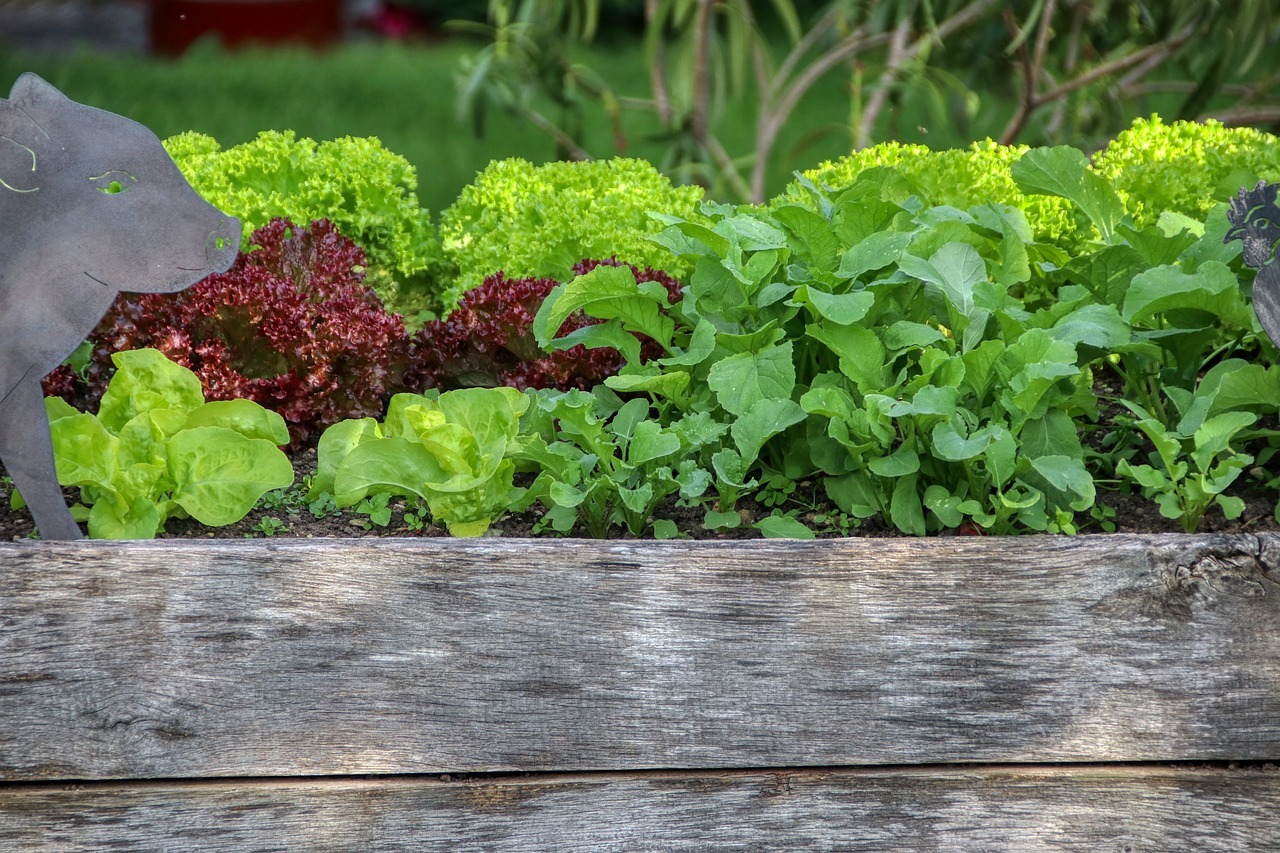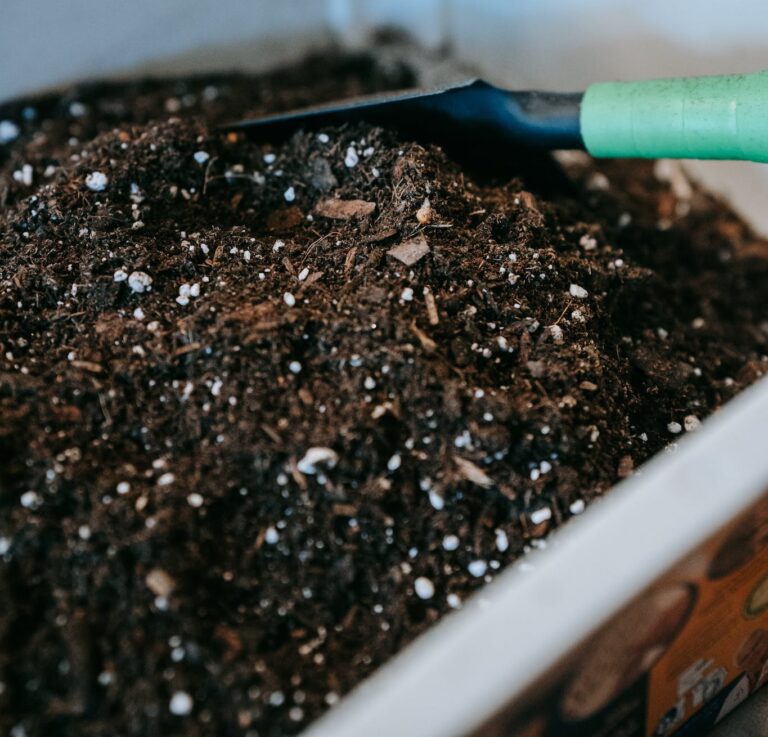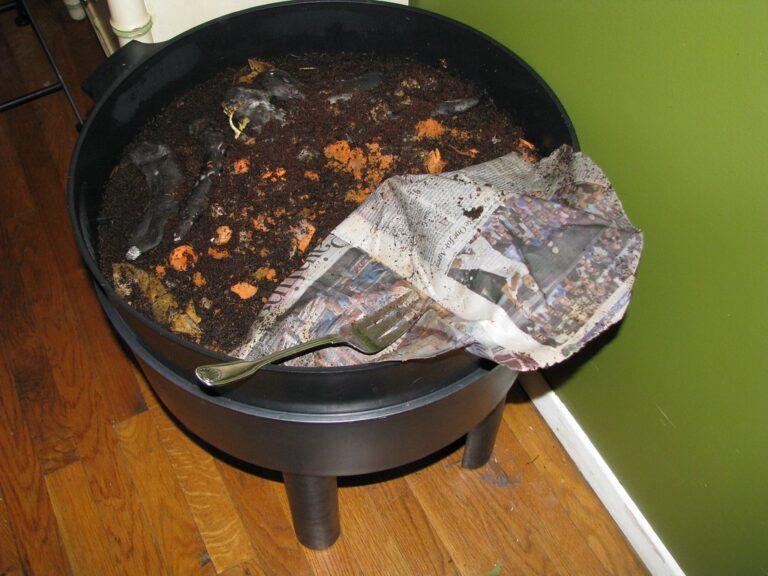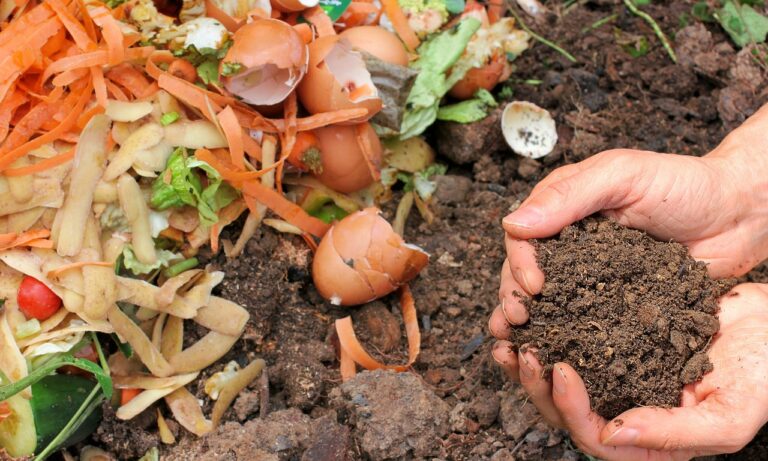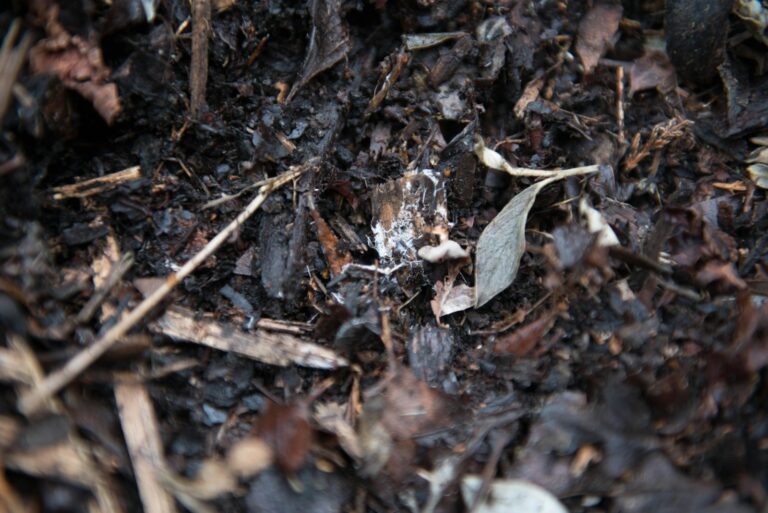They say that ‘compost is the lifeblood of a thriving garden,’ and when it comes to raised beds, this couldn’t be truer.
But with so many compost options out there, how do we know which one is best? Well, fear not, for in this discussion, we will explore the various types of compost that are ideal for raised beds.
From the importance of organic compost to understanding nutrient content and the right texture, to finding the perfect mixtures for specific crops, we will leave no stone unturned.
So, if you’re looking to enhance your raised bed gardening experience, keep reading to discover the secrets of selecting the best compost for your beds.
Importance of Compost in Raised Beds
Compost plays a crucial role in enhancing the productivity and health of raised beds. The importance of compost for soil health can’t be overstated. When added to the soil, compost improves its structure, texture, and fertility. It helps to retain moisture, prevent erosion, and promote healthy root growth. Compost is rich in organic matter, which is vital for the development of beneficial microorganisms that break down nutrients and make them available to plants. Additionally, compost contains essential nutrients such as nitrogen, phosphorus, and potassium, which are essential for plant growth.
Using compost in gardening offers numerous benefits. Firstly, it enriches the soil by replenishing its nutrient content, ensuring that plants have access to the necessary elements for their growth and development. Secondly, it improves soil structure, allowing for better aeration and drainage, which are crucial for root health. Moreover, compost acts as a natural fertilizer, slowly releasing nutrients over time, preventing nutrient leaching, and reducing the need for synthetic fertilizers. It also enhances soil biodiversity, attracting beneficial insects and earthworms, which aid in pest control and nutrient cycling.
Organic Compost Options for Raised Beds
One great option for organic compost in raised beds is to use homemade compost. Making your own compost is a cost-effective and sustainable way to enrich the soil in your raised beds. Here are three key reasons why homemade compost is an excellent compost option for raised bed gardening:
- Nutrient-rich: Homemade compost is packed with essential nutrients that plants need to thrive. It contains a balanced mixture of nitrogen, phosphorus, and potassium, as well as other micronutrients that promote healthy plant growth.
- Soil structure improvement: Homemade compost improves the structure of the soil in raised beds. It helps to loosen compacted soil, allowing for better drainage and root penetration. This leads to healthier plants with stronger root systems.
- Weed suppression: Using homemade compost in raised beds can help suppress weed growth. The organic matter in the compost acts as a natural mulch, preventing weed seeds from germinating and competing with your plants for nutrients and sunlight.
Understanding the Nutrient Content of Compost
Understanding the nutrient content of compost is crucial for maximizing the benefits it provides to your raised beds. Compost isn’t only a rich source of organic matter, but it also contains essential nutrients that plants need to thrive. The nutrient availability in compost is influenced by various factors, including the materials used for composting and the composting process itself.
Microbial activity plays a significant role in breaking down organic matter and releasing nutrients in compost. Bacteria, fungi, and other microorganisms decompose the organic materials, converting them into forms that plants can absorb. This process, known as mineralization, releases nutrients such as nitrogen, phosphorus, and potassium, which are vital for plant growth.
The nutrient content of compost can vary depending on the ingredients used. For example, compost made from a mixture of different organic materials, such as kitchen scraps, yard waste, and manure, will have a more diverse nutrient profile compared to compost made from a single source. Additionally, the composting process, including factors like temperature, moisture, and aeration, can also affect the nutrient content.
Testing the nutrient content of your compost can provide valuable insights into its quality. A soil test can help determine the nutrient levels in your compost and guide you in making any necessary amendments. By understanding the nutrient content of your compost, you can ensure that your raised beds receive the necessary nutrients for healthy plant growth.
Choosing the Right Compost Texture for Raised Beds
When it comes to choosing the right compost texture for raised beds, two key factors to consider are soil texture and composition, as well as the organic matter content.
The texture of the compost plays a crucial role in determining how well it will drain and retain moisture, as well as how easily roots can penetrate it.
Additionally, the organic matter content will influence the nutrient availability and overall fertility of the soil, ensuring optimal plant growth and productivity.
Soil Texture and Composition
I often find that choosing the right compost texture for raised beds is crucial for optimal soil quality and plant growth. The texture and composition of the soil play a significant role in determining its fertility and aeration. Here are three key factors to consider:
- Organic matter content: Composts with a high organic matter content improve soil fertility by providing essential nutrients to plants. Look for composts that contain a mix of decomposed plant material, such as leaves, grass clippings, and kitchen scraps.
- Particle size: The size of compost particles affects soil structure and aeration. Coarser composts promote better drainage and prevent waterlogging, while finer composts enhance moisture retention. Consider the specific needs of your plants when selecting the particle size.
- Nutrient balance: Different composts have varying nutrient compositions. Ensure the compost you choose provides a balanced mix of nitrogen, phosphorus, and potassium, along with other essential micronutrients like calcium and magnesium.
Organic Matter Content
To ensure optimal soil quality and plant growth in raised beds, selecting a compost with the right organic matter content is essential. The organic matter in compost provides numerous benefits for the soil and plants.
Composting techniques involve the decomposition of organic materials such as kitchen scraps, yard waste, and manure. As these materials break down, they release nutrients that enrich the soil, improve its structure, and enhance water retention. Compost also acts as a natural fertilizer, promoting healthy root development and supporting beneficial microbial activity in the soil.
When choosing compost for raised beds, look for a product that has a balanced organic matter content, typically around 30%. This will ensure that your plants receive the necessary nutrients and enjoy optimal growing conditions.
Compost Amendments for Improved Soil Structure
Using compost amendments is a highly effective method for enhancing the soil structure in raised beds. By adding specific compost amendments, you can improve the overall soil quality and create an optimal environment for plant growth. Here are three key compost amendments that can help improve soil structure:
- Organic Matter: Adding organic matter, such as composted leaves or well-rotted manure, can greatly improve soil structure. Organic matter helps to increase soil porosity, allowing for better water infiltration and root penetration. It also enhances soil fertility and promotes beneficial microbial activity.
- Perlite or Vermiculite: These lightweight mineral-based amendments help to improve soil aeration and drainage. They can be mixed into the compost or added directly to the raised bed soil. Perlite and vermiculite create air pockets in the soil, preventing compaction and allowing for better root development.
- Coconut Coir: Coconut coir is a sustainable alternative to peat moss and can be used as a compost amendment. It improves soil structure by increasing water retention and promoting better nutrient availability. Coconut coir also helps to loosen heavy clay soils and improves drainage.
Incorporating these compost amendments into your raised beds will enhance soil structure, create a nutrient-rich environment, and promote healthy plant growth.
Best Compost Mixtures for Specific Crops in Raised Beds
Optimize your crop yields in raised beds by selecting the best compost mixtures for specific plants. When it comes to choosing the right compost blend for your crops, it’s important to consider their unique nutrient requirements. Certain crops thrive with specific compost blends that provide the necessary nutrients for their optimal growth and productivity.
To simplify the selection process, here is a table highlighting crop specific compost blends that can help you achieve better results in your raised beds:
| Crop | Compost Blend |
|---|---|
| Tomatoes | Compost rich in nitrogen and potassium |
| Carrots | Compost with high organic matter content |
| Lettuce | Compost with balanced nitrogen and phosphorus ratios |
Tips for Properly Applying Compost in Raised Beds
For the best results when applying compost in raised beds, it’s important to follow these tips:
- Apply compost evenly: Spread a layer of compost evenly over the surface of the raised bed. This ensures that all plants receive an equal amount of nutrients and that water distribution is consistent.
- Incorporate compost into the soil: Use a garden fork or shovel to gently mix the compost into the top few inches of soil. This helps to maximize the benefits of the compost by improving soil structure and increasing nutrient availability.
- Avoid excessive compost application: While compost is beneficial for plant growth, applying too much can have negative effects. It can lead to nutrient imbalances, excess water retention, and even plant damage. Follow the recommended application rates for your specific plants and adjust accordingly.
Proper compost application is key to maximizing the benefits of compost in raised beds. By applying compost evenly, incorporating it into the soil, and avoiding excessive application, you can ensure that your plants receive the nutrients they need for healthy growth.
Remember to follow these tips for optimal results.
Conclusion
In conclusion, choosing the right compost for raised beds is crucial for optimal plant growth and soil health.
Organic compost options offer a range of nutrients and can improve soil structure.
Understanding the nutrient content and texture of compost is essential for selecting the best mixture for specific crops.
By properly applying compost and considering amendments, gardeners can create a fertile environment that promotes healthy plant growth in raised beds.
